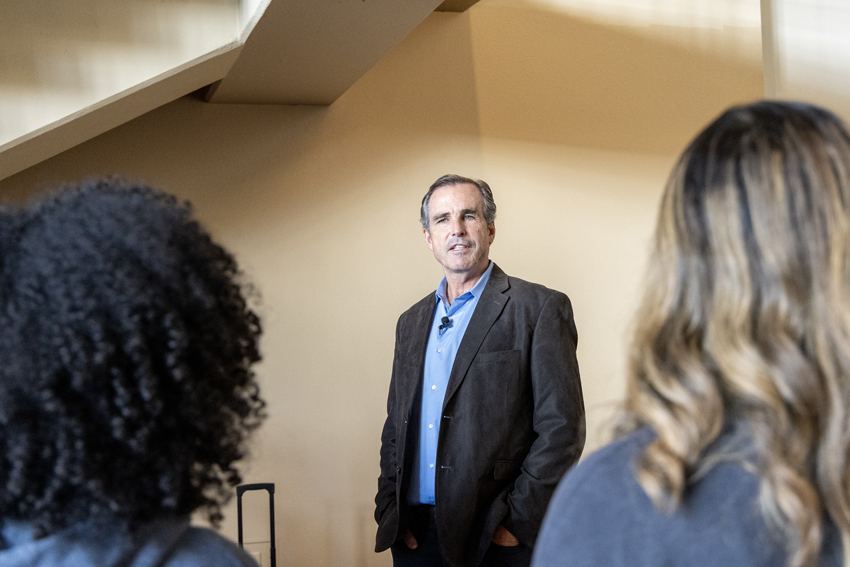Throughout the year, many students miss school for reasons ranging from illness to drowsiness. Although schools have consequences for excessive absences, many students are unaware of their accumulating effects. As a result, they may need to repeat a class.
On campus, if students are absent for a class more than 15 times, they will not receive credit. This could prevent them from achieving their educational goals in the time frame they had wanted.
While some parents may feel that attendance does not matter until a student is in high school, Attendance Counts claims that this is a false assumption. According to this source, the number of absences can predict that student’s likelihood of dropping out better than it can predict his standardized test scores.
In addition, Attendance Counts states that one in 10 children in kindergarten and first grade in the US misses about a month of school. As the student gets older, the number of absences may increase.
Robert Castro, School Improvement Coordinator of the Curriculum and Instruction Department of the Fresno County Office of Education, supports the importance of attending school in concern to social interactions.
“Absenteeism fosters disengagement,” Castro said. “When a student is absent a great deal, they do not form relationships with their peers or school staff.”
In accordance with Castro, freshman Kyle Hudecek says he tries to go to school every day because he understands the importance of attendance.
“I would hate to miss a lot of class, because I would fail my classes,” Hudecek said. “For example, I had a friend once who missed two weeks out of every month, and he eventually failed all of his classes. I do not want to be like him.”
Frequent absences from school may not seem like a significant issue, but they may cause many unnecessary worries for students. When they miss a lot of class and become unable to catch up on all of their missed work, they lose out on important opportunities for intellectual growth and may become discouraged to complete their work.
“I try not to miss school, because I am scared I will get behind on my work,” Hudecek said.
When senior Megan Stewart is sick, she experiences the difficulty of catching up on missed assignments, but values her teachers’ consideration.
“When I am absent, I have a lot of work that I have to catch up on in all of my classes,” Stewart said. “I am really glad that the teachers understand and give me extra time to work on my assignments.”
However, some students view their days away as a chance to catch up on work rather than fall behind, using time which may go to waste sitting through classes.
“I use some of the time that I miss class as an opportunity to catch up on my missed assignments,” Stewart said.
For Bible teacher Robert Foshee, lessons on the effects of frequent absences extend from his personal high school experiences.
“When I was a senior in high school, I would miss a lot of class,” Foshee said. “I realized that I had to change the way I organized my time to make it to school on time. This attribute helped me through the rest of my life.”
In order to motivate students to attend school, Castro promotes strategies that involve activities, interaction and work relevance.
“High school athletics and activities have always been used to encourage student attendance,” Castro said. “Developing relationships between staff and students and making the work relevant to students are two key areas that help combat absenteeism.”
Though missing school may not seem like a problem to students, the habit of frequent absences can result in discouragement, failed courses and disengagement in classes.
For more information on improving school attendance, visit the California Department of Education website. For more information on the school’s attendance policy, e-mail Molly Sargent, academic adviser.






